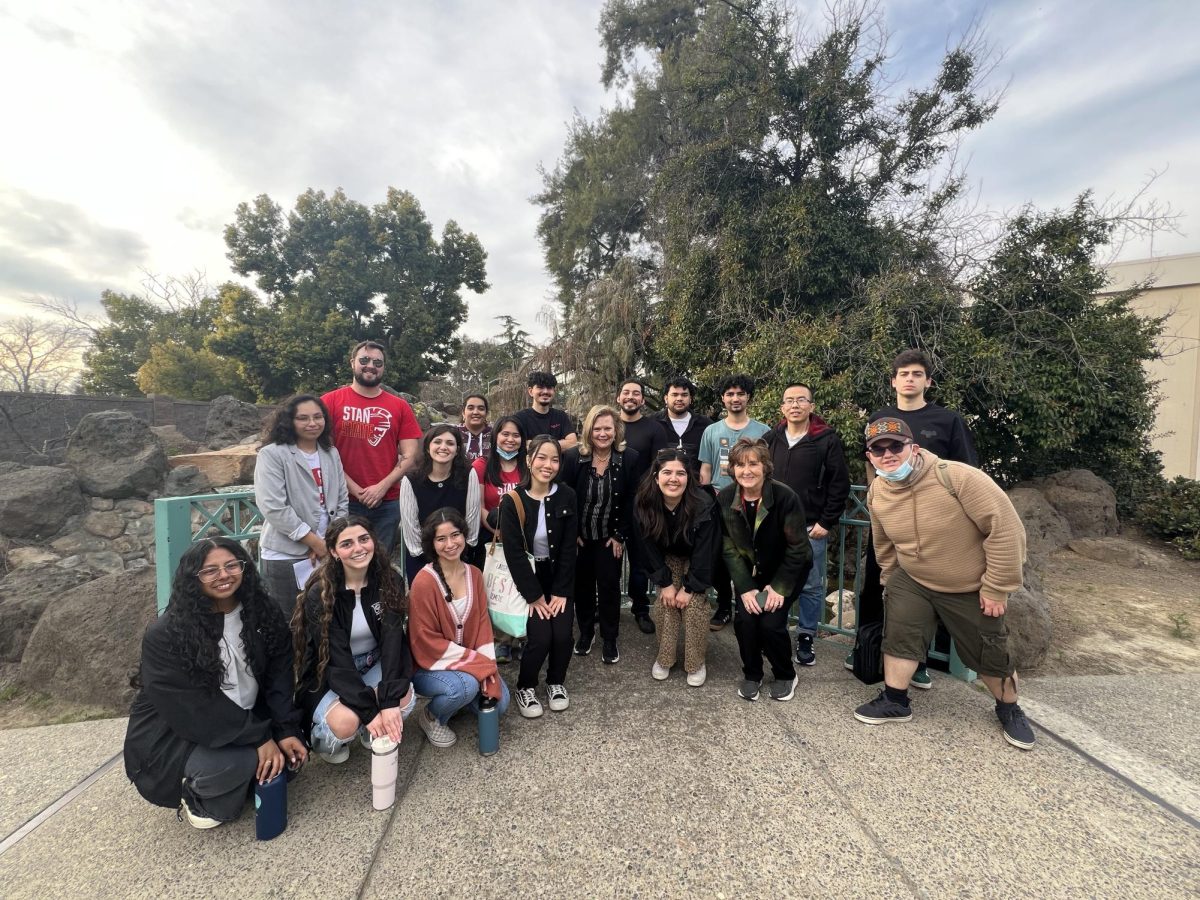When people decide to go on sporadic health binges, a lot of talk of vitamins and minerals comes about. Some self-proclaimed nutrition connoisseurs claim the more the vitamins the merrier the body.
Unfortunately, that is just going to leave the person taking the vitamins with a hefty credit card bill, an exhausted kidney and bright yellow toilet water. So the question rests, should we take supplements for vitamins and minerals or not? And if so, which ones?
Well, fear not fellow health brethren! The following is a list of top vitamins and minerals you should be taking to ensure a sharper mind, a fitter body and overall healthier lifestyle.
1
Vitamin C. Whenever flu season comes around, orange juice sales seem to skyrocket. Well, thats probably because most commercial juices have large amounts of vitamin C under their hood. But along with cold-busting powers, vitamin C serves as a major antioxidant and helps the body fight off free radicals that can cause oxidation in cells. This oxidation has been directly linked with serious health concerns including the production of cancer cells, aging and degenerative diseases. Additionally, vitamin C can help with muscle tissue repair, expansion of blood vessels and healing of wounds. Some good sources of vitamin C include bell peppers, cranberries, tomatoes, cabbage, cantaloupe, spinach, blueberries, pineapple, watermelon, oranges and green peppers.
2
Vitamin E. If vitamins were in a high school popularity contest, E would probably not be the one elected homecoming king or queen. Despite its lack of popularity, Vitamin E is another extremely vital antioxidant that supports against free radical formation which can damage cells. Also, vitamin E has been directly correlated with healthy heart function and increased red blood cell production. Some common sources of vitamin E are asparagus, liver, mayonnaise, yams, corn, sunflower seeds and hazelnuts.
3
Vitamin D. Despite the catchy “got milk?” campaign, the consumption of the correct amount of calcium still falls short because people don’t consume the correct amount of vitamin D. This super vitamin helps the body absorb calcium which is essential in maintaining the health of your teeth and bones. Also, vitamin D serves as the sunshine vitamin. Studies have shown that 15 minutes in the sun is equivalent to the daily dose of vitamin D needed. Additionally, studies have shown that a lack of the correct amount of vitamin D is directly linked to diseases like osteoporosis, multiple forms of cancer and also a decrease in cognitive ability. Some naturally occurring sources of vitamin D are sunlight, cod liver oil, salmon, mackerel, tuna fish and sardines.
Now that you are armed with this arsenal of information, you can live a healthier, happier and more vitamin-enriched life.
Categories:
Top three vitamins to have in your diet
By Jaydeep Bhatia
•
May 13, 2013
0
Donate to Signal
Your donation will support the student journalists of California State University, Stanislaus. Your contribution will allow us to purchase equipment and cover our annual website hosting costs.
More to Discover






